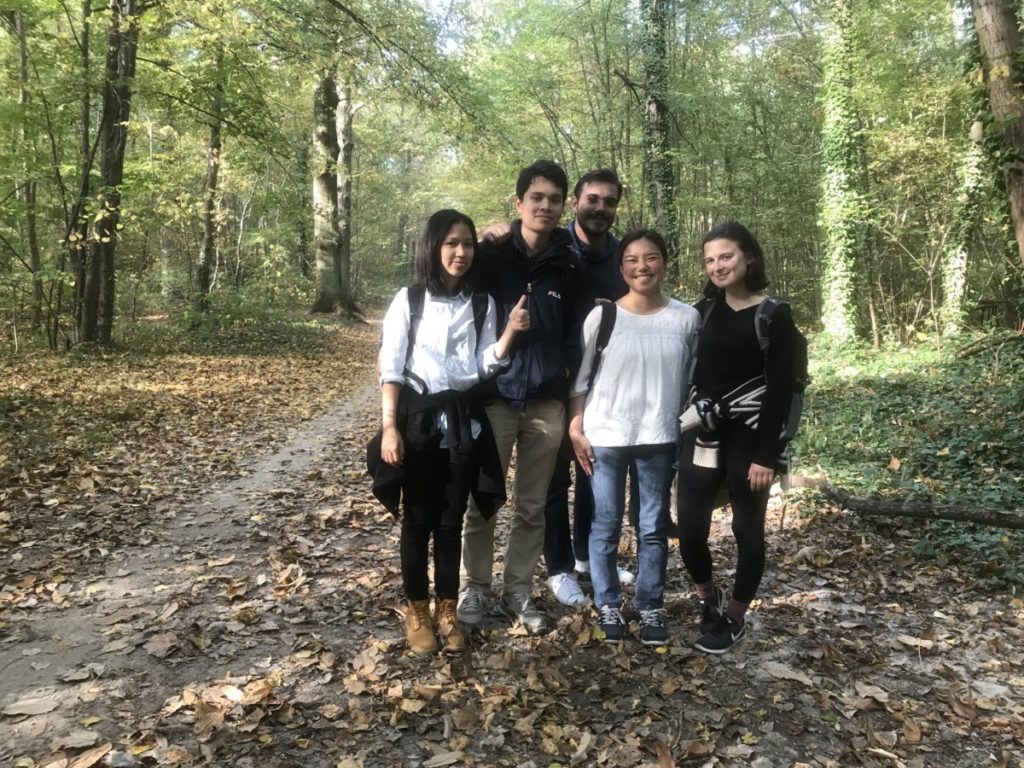When I commenced my four-year journey at Emory, I was one of the many “undeclared” or “undecided” types of incoming students. I knew that I had greatly enjoyed studying French in high school, and there was something about learning languages that captivated me. My family, on the other hand, seemed to think that studying business might be more practical than studying languages. I did not quite figure out how to enroll in Financial Accounting over the summer, but thankfully I did figure out how to enroll in French 310 and Ling 101. One year later, I officially declared my French Studies and Linguistics double majors.
While it is true that not all students choose to focus their studies on foreign languages and cultures, I have seen the immense benefits that students of all disciplines enjoy when they study these subjects. In a rapidly globalizing context, students need to develop intercultural communication skills as much as they need to memorize organic compounds. In the United States and elsewhere, medical professionals often encounter patients from a multitude of linguistic and cultural backgrounds. Doctors can provide more comprehensive treatment when they share the same linguistic code as their patients, or at least when the have the empathy to recognize that the patient may have difficulties communicating their situation in the doctor’s primary language. Learning foreign languages can also teach students to think through multiple different cultural lenses. Nurses who can recognize the cultural norms that influence the beliefs and behavior of their patients also provide stronger treatment. Studying foreign languages and cultures allows students to improve the way in which they connect with a wide variety of people, which serves as just one advantage of valorizing this study in a liberal arts education.
Although English is the predominant language at Emory, English is not the only language spoken or signed at Emory, and English is certainly not the only language of academia. A liberal arts education ought to encourage, if not require, students to approach learning from a multitude of perspectives. Students ought to question the definitiveness of knowledge presented as fact in class, identify alternative theories, and analyze the merits and issues of all postulated theories. One of the most effective means of finding other perspectives is by studying the scholarship produced in countries outside of the U.S., and outside of the occidental tradition. Learning foreign languages best equips students to comprehend and critically evaluate non-English sources, both in their original and in their translated forms. Even in their translated forms, these sources speak more clearly to those who have studied the culture and history intertwined with the text’s language.
In my experience at Emory, I have taken a total of 26 language, culture, and linguistics courses. These course have allowed me to work in a multilingual workplace, study in another continent, conduct research in another language, and make friends from half way across the world. Beyond these treasured experiences, language learning has transformed my daily actions. Struggling to express my thoughts in a foreign tongue has made me more understanding, especially to English language learners. Learning about other countries’ ecological efforts has shaped the extent to which I recycle, do laundry, and take public transportation. Studying foreign languages has added multiple ways of thinking to my repertoire, which has opened doors for enriching opportunities inside and outside of the classroom. I cannot imagine my liberal arts education without the study of foreign languages and cultures…

This photo was taken on a hiking trip that I went on with friends from Laos, Japan, and France while studying abroad in Paris.